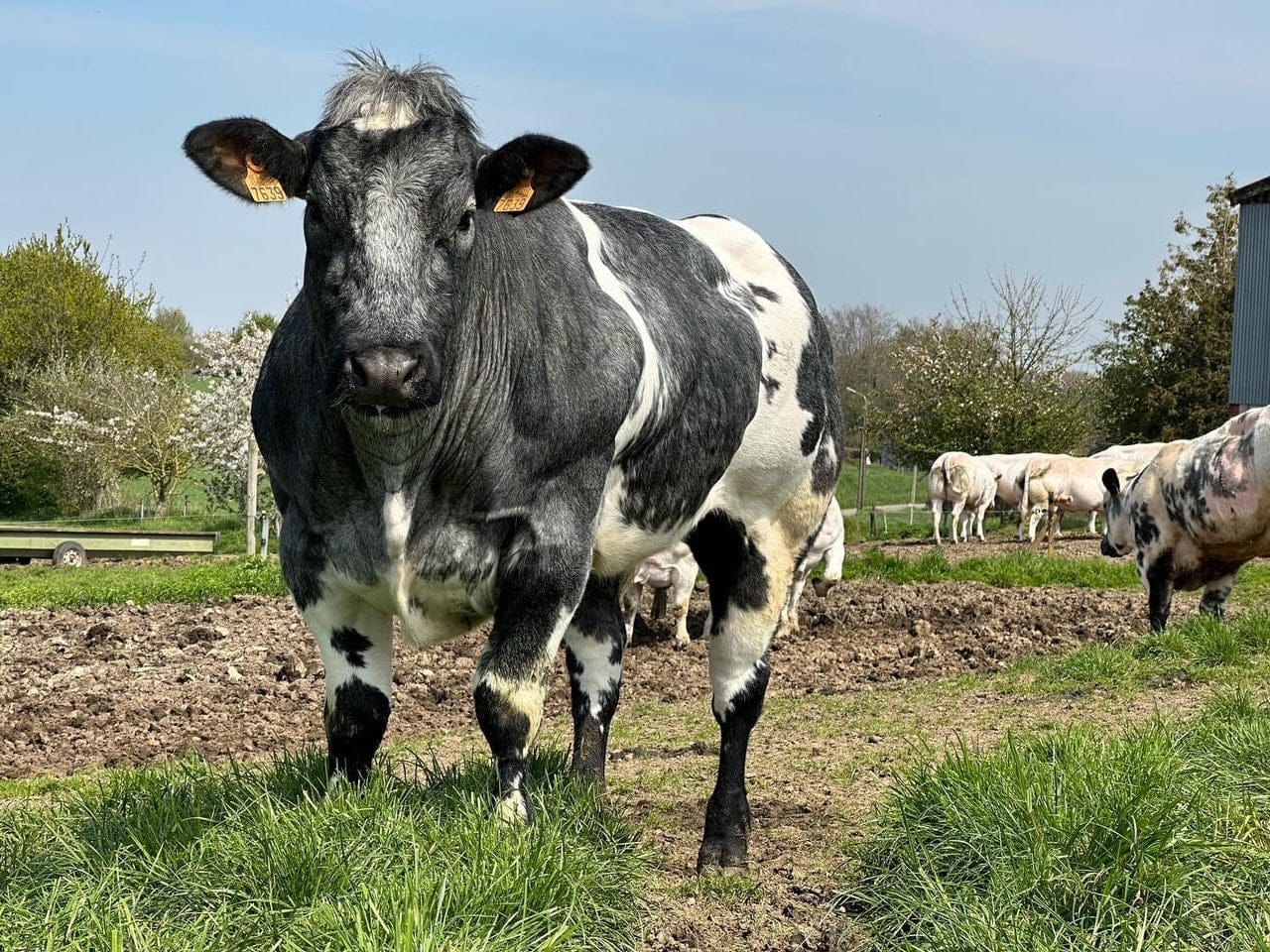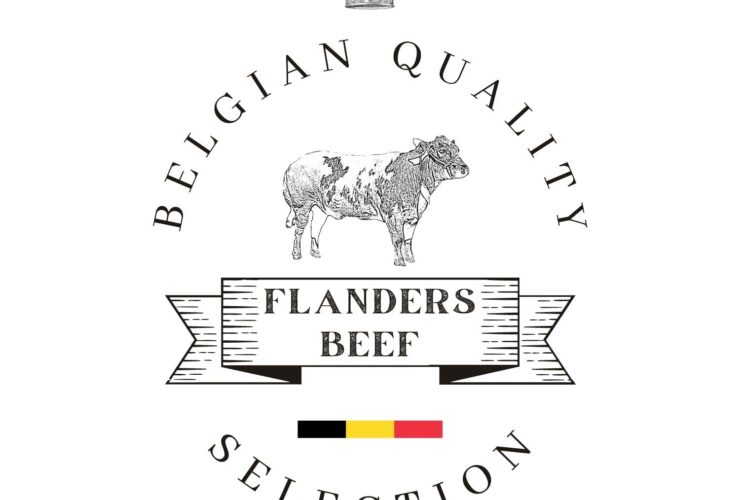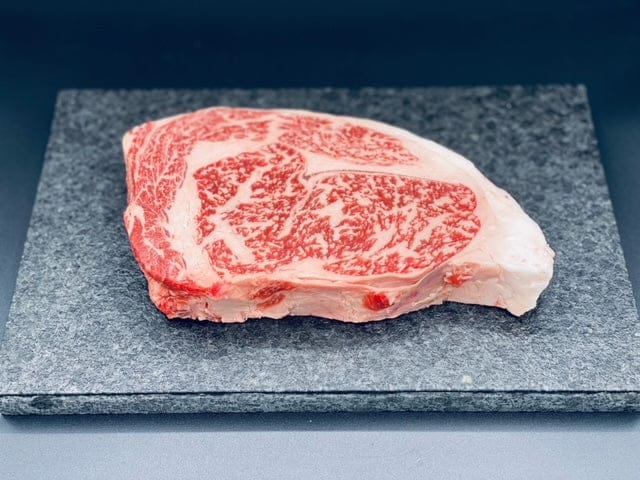The Health Benefits of Flanders Beef
The Health Benefits of Flanders Beef: A Superior Choice for Quality and Nutrition
Introduction
In the realm of gourmet cuisine and everyday cooking alike, the quest for healthier and more nutritious food options is ever-present. Flanders beef, originating from the northern region of Belgium, has garnered a reputation not just for its exceptional taste and quality, but also for its impressive health benefits. This article explores why Flanders beef is considered healthier compared to other beef, examining the farming practices, nutritional profile, and ethical considerations that set it apart.
Sustainable Farming Practices
One of the foundational aspects that contribute to the health benefits of Flanders beef is the sustainable and ethical farming practices employed in the region. Farmers in Flanders adhere to traditional methods that prioritize animal welfare and environmental sustainability. Key elements of these practices include:
– Grass-Fed Diet: Cattle in Flanders are predominantly grass-fed, which is a significant factor in the healthiness of the beef. Grass-fed beef is known to have higher levels of beneficial nutrients such as omega-3 fatty acids, which are essential for heart health.
– Low Stress Environment: The cattle are raised in low-stress environments, with ample space to roam and graze. This not only enhances the quality of life for the animals but also results in meat that is less likely to contain stress-induced hormones and other negative compounds.
– Minimal Use of Antibiotics and Hormones: Flanders farmers typically avoid the overuse of antibiotics and growth hormones, practices common in more industrialized beef production. This reduces the risk of antibiotic resistance and ensures the meat is free from unnatural additives.
Nutritional Profile
Flanders beef boasts a nutritional profile that sets it apart from many other types of beef. The combination of a natural diet and careful farming practices results in meat that is both nutrient-dense and lower in harmful substances. Key nutritional benefits include:
– Higher Omega-3 Fatty Acids: Grass-fed beef, such as that from Flanders, contains higher levels of omega-3 fatty acids compared to grain-fed beef. Omega-3s are crucial for cardiovascular health, reducing inflammation, and supporting brain function.
– Balanced Omega-6 to Omega-3 Ratio: While omega-6 fatty acids are also essential, a balanced ratio to omega-3s is important for reducing inflammation and promoting overall health. Flanders beef typically maintains a healthier balance between these fatty acids.
– Rich in Vitamins and Minerals: Flanders beef is an excellent source of essential vitamins and minerals, including vitamin B12, zinc, selenium, and iron. These nutrients play vital roles in energy metabolism, immune function, and the formation of red blood cells.
– Conjugated Linoleic Acid (CLA): This naturally occurring fatty acid, found in higher concentrations in grass-fed beef, is known for its potential health benefits, including anti-carcinogenic properties and support for metabolic health.
Ethical Considerations
The ethical considerations surrounding the production of Flanders beef also contribute indirectly to its health benefits. Consumers are increasingly aware of the impact of their food choices on animal welfare and the environment, and this awareness can influence the overall perception of healthiness. Flanders beef is produced with a strong commitment to:
– Animal Welfare: The humane treatment of cattle ensures they lead healthy lives, which translates into higher-quality meat. Stress and poor living conditions can lead to the release of harmful hormones and toxins, which are minimized in ethically raised cattle.
– Environmental Sustainability: Sustainable farming practices help preserve the environment, promoting biodiversity and reducing pollution. Healthier ecosystems contribute to healthier food sources, benefiting both the planet and the consumers.
Conclusion
Flanders beef stands out not only for its rich flavour and tender texture but also for its impressive health benefits. The grass-fed diet, sustainable farming practices, and ethical considerations all contribute to making Flanders beef a healthier choice compared to conventionally raised beef. With a superior nutritional profile that includes higher levels of omega-3 fatty acids, a balanced fatty acid ratio, and essential vitamins and minerals, Flanders beef provides a wholesome and nutritious option for health-conscious consumers. Choosing Flanders beef is not just a culinary decision, but a step towards better health and a more sustainable future.




